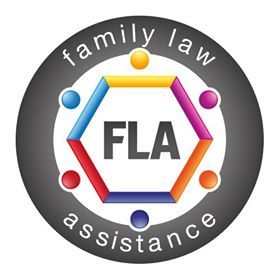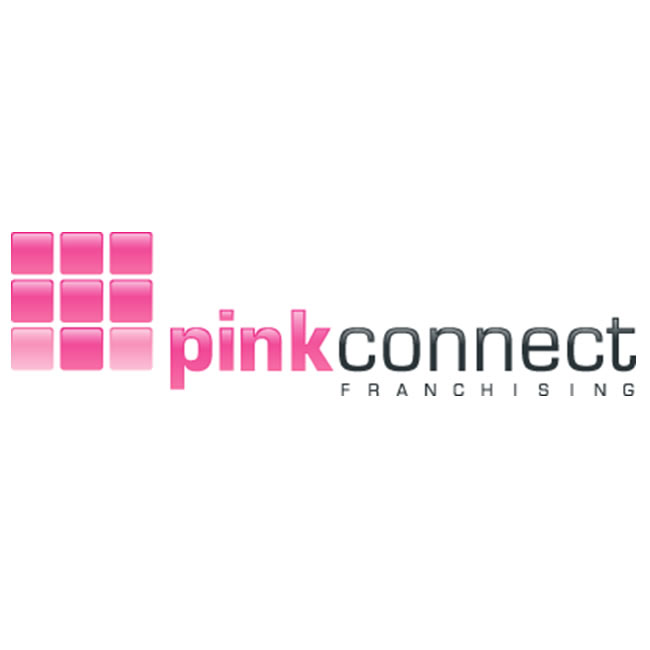Franchising has become a popular route into business ownership in the UK, offering the opportunity to trade under an established brand with proven systems and ongoing support. However, while franchising reduces many of the risks associated with starting a business from scratch, it still requires a significant financial commitment. Understanding the full range of costs involved is essential for making an informed decision. From initial franchise fees to ongoing royalties and operational expenses, this article breaks down the main financial elements you can expect when buying a franchise in the UK.
Initial Franchise Fee
The starting point for most franchise investments is the initial franchise fee. This is a one-time payment made to the franchisor to gain the rights to operate under their brand. The fee grants access to the business model, initial training, support systems, and use of trademarks and branding. In the UK, initial franchise fees vary widely depending on the brand and sector. While some home-based or mobile franchises might charge as little as £5,000, more established names or those requiring premises and equipment can demand fees upwards of £20,000 or more. It’s important to remember that this fee does not usually cover setup or working capital costs.
Set-Up Costs and Equipment
After paying the franchise fee, new franchisees will typically face various setup expenses. These might include costs for leasing premises, refurbishing retail or office space to meet brand standards, purchasing equipment, stock, technology, signage, uniforms, and vehicles if needed. For example, a coffee shop franchise may require investment in commercial-grade espresso machines, counters, and seating areas, while a mobile pet grooming business might need a custom van. Depending on the business model, setup costs can range from a few thousand pounds to over £100,000. Prospective franchisees should request a full breakdown of what is included in the initial investment and what is not.
Legal and Professional Fees
Before signing a franchise agreement, it’s highly recommended that prospective franchisees seek independent legal and financial advice. Legal professionals with franchise experience can help you understand the terms of the agreement and highlight any potential risks or obligations. There may also be costs associated with business planning, accounting, and financial forecasting. Although these fees can add up to a few thousand pounds, they provide valuable protection and clarity before making a long-term commitment.
Working Capital
Many new franchisees overlook the need for working capital—the funds required to cover daily operating costs until the business becomes self-sustaining. This can include wages, utilities, marketing, stock replenishment, rent, and other running costs. The amount needed will depend on the type of business and how quickly it generates revenue. As a general rule, franchisors often recommend having at least three to six months’ worth of operating expenses available to ensure smooth operations during the early stages.
Ongoing Fees and Royalties
In addition to the upfront investment, most franchisors charge ongoing fees. These can take several forms, the most common being a royalty fee—a percentage of turnover paid monthly or quarterly. Some franchises instead charge a fixed management fee. These fees contribute to ongoing support, brand development, and system improvements. Many franchises also charge marketing or advertising levies, which are pooled to fund national or regional campaigns. Understanding the structure and frequency of these payments is crucial for managing your cash flow effectively.
Renewal and Exit Fees
Franchise agreements typically run for a set term, often five to ten years, with the option to renew. Renewal may involve additional costs or fees. There may also be charges associated with selling your franchise or transferring ownership. Some franchisors require approval of the new buyer and may charge administrative or training fees to facilitate the transfer. Knowing these terms in advance helps plan for long-term business growth or eventual exit.
Conclusion
Buying a franchise in the UK can be a rewarding and relatively secure way to enter the world of business ownership, but it is far from a cost-free venture. From the initial franchise fee to setup costs, working capital, and ongoing royalties, the financial commitment is significant and multifaceted. A clear understanding of all potential costs is essential before signing any agreement. With thorough research, professional advice, and careful financial planning, you can enter a franchise investment fully prepared for the responsibilities—and opportunities—that come with it.





















































